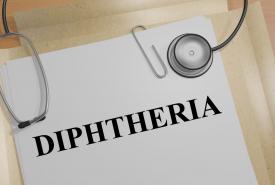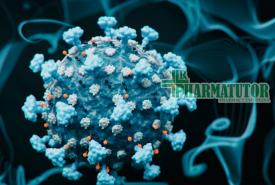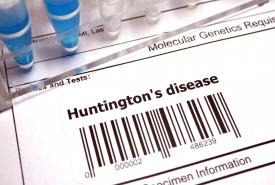Raw drug repository for medicinal herbs established in CSIR-NBRI
The National Botanical Research Institute (NBRI), a Lucknow-based constituent laboratory of the Council of Scientific and Industrial Research (CSIR), is known for its research and development related to various botanical disciplines. A broad spectrum of research activities is being conducted at CSIR-NBRI, which includes plant diversity, systematics and herbarium, pharmacognosy, phytochemistry, plant ecology, environmental technologies, molecular biology, biotechnology, plant genetic resources, plant conservation, and agro-technologies.


















